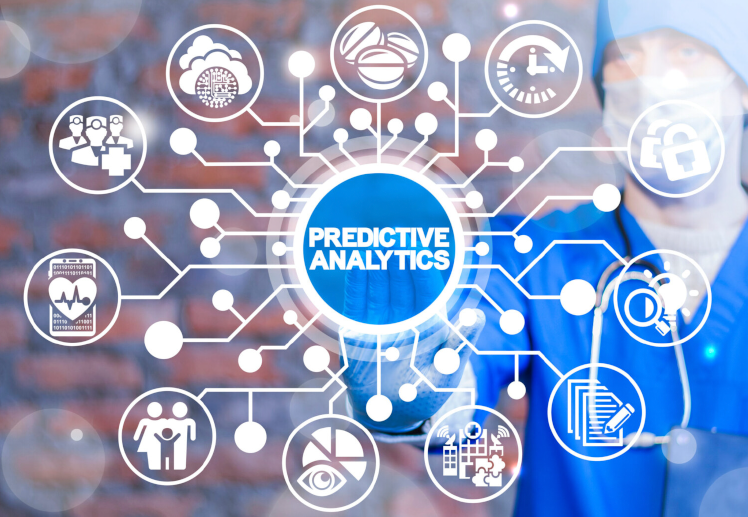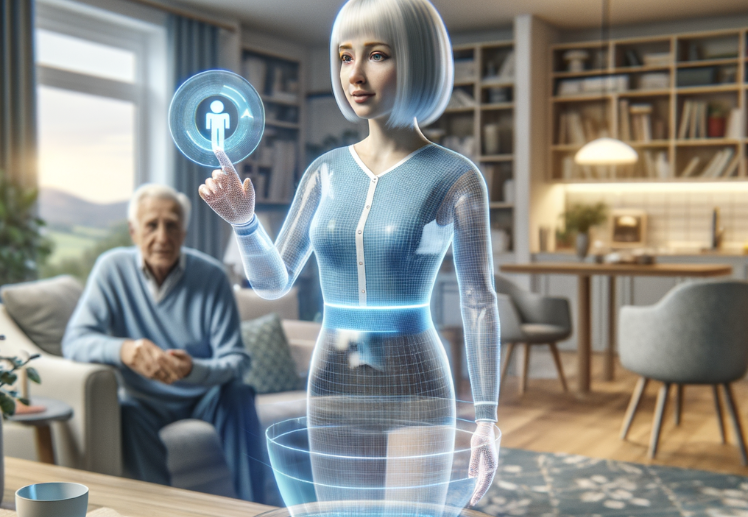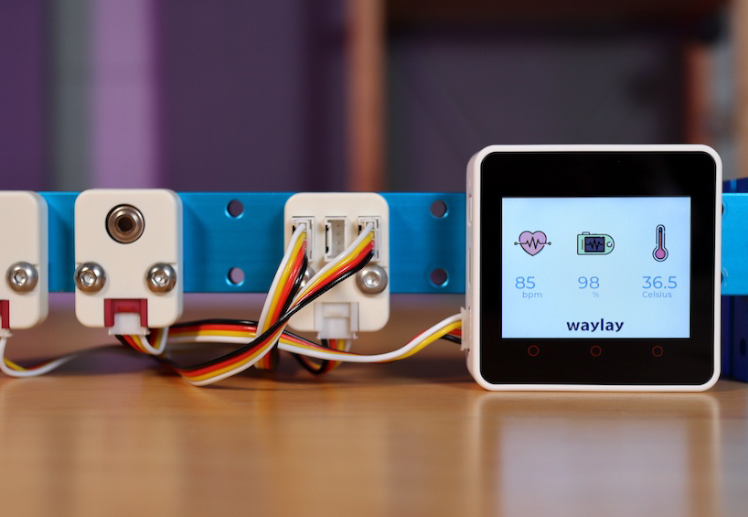Story
Artificial Intelligence (AI) has emerged as a revolutionary force in the healthcare industry, driving innovations that enhance efficiency, accuracy, and patient outcomes. One of the most promising areas where AI is making a profound impact is in eldercare, where it addresses the unique challenges faced by the aging population. This blog delves into the sophisticated ways AI is transforming eldercare, highlighting its benefits, applications, and future potential.
Enhancing Diagnostic Accuracy and Precision
AI algorithms, particularly those leveraging deep learning and machine learning, are revolutionizing diagnostic processes. These technologies analyze vast amounts of medical data, including imaging, genetic information, and electronic health records, to identify patterns that may be indicative of diseases. For the elderly, early and accurate diagnosis of conditions such as Alzheimer's, Parkinson's, and cardiovascular diseases is crucial. AI-powered diagnostic tools can detect anomalies with higher precision than traditional methods, enabling timely interventions and improving prognostic outcomes.

Personalized Treatment Plans
Eldercare often requires a nuanced approach due to the complex interplay of multiple chronic conditions. AI systems can integrate data from various sources, including medical history, lifestyle, and genetic information, to develop personalized treatment plans. These plans are tailored to the individual needs of elderly patients, optimizing medication regimens and therapeutic interventions. For instance, AI-driven platforms can predict how a patient will respond to specific medications, thereby reducing adverse effects and enhancing treatment efficacy.
Predictive Analytics for Proactive Care
One of the most impactful applications of AI in eldercare is predictive analytics. By analyzing historical and real-time data, AI models can predict potential health crises before they occur. For example, AI can forecast the likelihood of falls, hospital readmissions, or exacerbations of chronic conditions. Healthcare providers can use these insights to implement proactive measures, such as adjusting treatment plans, recommending lifestyle changes, or deploying remote monitoring technologies. This proactive approach not only improves patient outcomes but also reduces healthcare costs by preventing avoidable complications.

Remote Monitoring and Telehealth
AI-powered remote monitoring systems are transforming how care is delivered to the elderly. Wearable devices equipped with sensors can continuously track vital signs, physical activity, and other health metrics. AI algorithms analyze this data in real time, identifying trends and alerting caregivers or healthcare providers to potential issues. This continuous monitoring enables timely interventions and supports the independence of elderly individuals by allowing them to remain in their homes longer. Additionally, AI enhances telehealth services by facilitating virtual consultations, thereby reducing the need for frequent in-person visits and mitigating the risks associated with hospital-acquired.

Cognitive and Emotional Support
AI is also playing a significant role in providing cognitive and emotional support to the elderly. AI-driven cognitive training programs can help maintain cognitive functions and delay the progression of neurodegenerative diseases. Virtual companions, powered by natural language processing and machine learning, can engage in conversations, provide reminders for medication and appointments, and offer companionship, thereby alleviating feelings of loneliness and isolation. These technologies enhance the overall quality of life for elderly individuals, promoting mental well-being alongside physical health.

Ethical and Regulatory Considerations
While the benefits of AI in eldercare are substantial, it is imperative to address ethical and regulatory considerations. Ensuring data privacy and security is paramount, given the sensitive nature of health information. Transparent AI algorithms that can be audited and validated are essential to maintain trust and accountability. Additionally, regulatory frameworks must evolve to keep pace with technological advancements, providing guidelines for the safe and effective deployment of AI in healthcare.
Future Prospects
The future of AI in eldercare holds immense promise. As AI technologies continue to advance, we can expect even greater integration into healthcare systems, enhancing the capabilities of caregivers and healthcare providers. Innovations such as AI-driven robotics for assistive care, advanced genomic analysis for personalized medicine, and the seamless integration of AI with Internet of Things (IoT) devices will further revolutionize eldercare.

AI is undeniably transforming the landscape of eldercare, offering solutions that enhance diagnostic accuracy, personalize treatment, predict health risks, and provide continuous support. By leveraging the power of AI, the healthcare industry can address the unique challenges of an aging population, improving the quality of life for elderly individuals and ensuring that they receive the compassionate, proactive care they deserve. As we navigate the complexities of this technological revolution, a balanced approach that prioritizes ethical considerations and regulatory compliance will be key to unlocking the full potential of AI in eldercare.